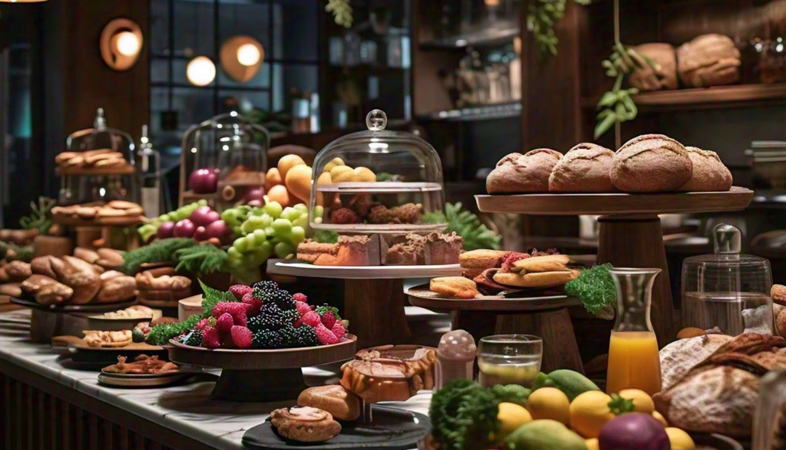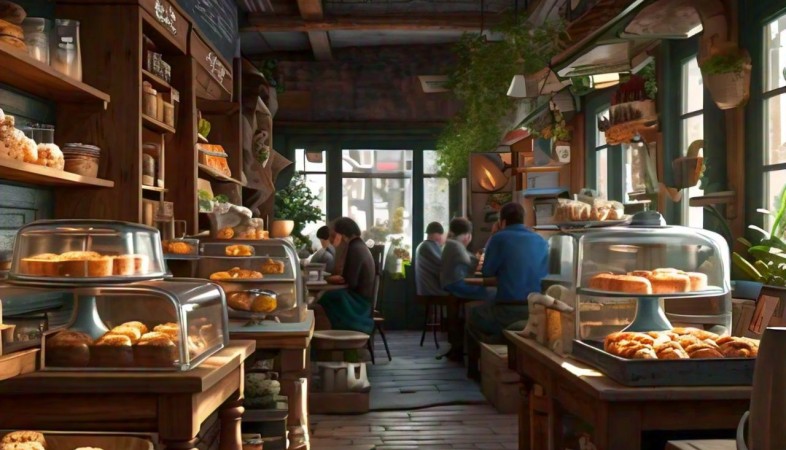SHARE
Commercials
More Posts
Apr 10, 2025
Nutritive Mocktails - By Kaustav Dutta
Jul 03, 2025
How Front Desks Handle Guest Complaints Effectively
May 12, 2025
Avare Kalu Akki Roti - By Chef Bharath Bhushan C
May 04, 2025
Jodhpuri Palak Paratha - By Chef Lallan Kumar
Apr 10, 2025
Nutritive Mocktails - By Kaustav Dutta
Jul 03, 2025
How Front Desks Handle Guest Complaints Effectively
May 12, 2025
Avare Kalu Akki Roti - By Chef Bharath Bhushan C
May 04, 2025
.png)




























